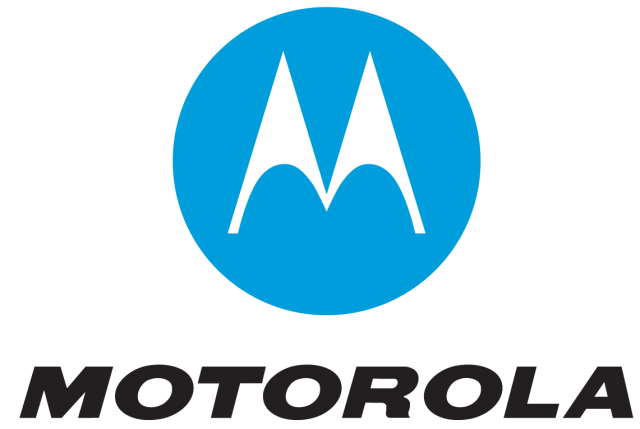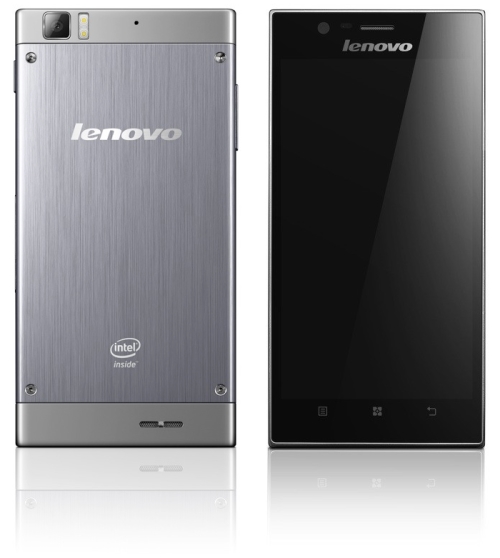Ivan Petkov
2013 can be described as very successful for Android. The data show that over the past year 781.2 million smartphones with Android operating system have been sold. This is four times the number of sold devices with iOS and Windows Phone operating systems, which rank second and third in the ranking of Strategy Analytics. Despite the impressive numbers and the fact that Android remains consumers’ favourite, the platform had slowed down its development and for the first time its annual growth was "just" 62%.
Another research firm, namely, Kantar Worldpanel ComTech, also confirms the dominance of Android in mobile devices. According to the data presented by the company, over the past year, Google's operating system has increased its market presence in all 12 major trading regions of the world. In the last quarter of 2013, Android increased its market share in the U.S., Europe, Latin America, China and Japan whereas in Europe, its market share was 68.6%.
iOS ranks second as it reported a decline in many regions. The share of iOS in the U.S. market was 43.9%, in the UK 29.9% and in China 19%. In Europe, Apple had a share of 18.5 % compared to 23.7% in the previous year.
Microsoft’s Windows Phone holds the third position with a smooth but steady growth. The platform had a 4.4% share of smartphone sales and reported a decline only in Latin America. Windows Phone was the most preferred in Europe where it held 10% of sales. The growth in the smartphones market in Europe, however, was only 3%, which is not sufficient for reporting big profits, as stated by Kantar.
The past year has certainly been successful for Android. Last week, however, was more than exciting for the fans of the operating system as well as for analysts and the entire industry, the hot news being that Google had sold the mobile division of Motorola to the Chinese company Lenovo.
Expensive divorce

In August 2011 when Google announced that it would purchase the mobile division of Motorola there were opinions that the software company wanted to enter the hardware business and close the circle. Google had renovated its successful Nexus series and it seemed more logical for it to close the circle and become a company similar to Apple. We had previously seen a strong desire in the same direction on the part of Microsoft, so the trend was apparent. However, this was logical but not reasonable, as the popularity of Android was due to the partnership of the giant with big manufacturers like Samsung, LG, Sony and the emerging wave of Chinese and Asian companies offering phones with Android. Google rushed to calm down its partners and said in a statement that the main reason to buy Motorola was the patent portfolio of the company, which would enable it to defend Android and its partners in the constant litigation shaking the industry.
During the following nearly three years, Motorola had undergone some reorganization and managed to launch several new models primarily aimed at the U.S. market, namely Moto X, Moto G and Droid series devices. In addition, in continued to generate losses.

It seemed that Google was trying to turn the mobile technology veteran into an innovative company by launching several new projects. The acts of balancing between the market realities and the partners failed to result in the required swing, which would have led to market success of the smartphones manufactured by Motorola.
This week, on 29 January, Google sold Motorola Mobility to Lenovo for 2.91 billion dollars and kept 17,000 patents owned by the company. The "divorce" was costly, as Google had acquired the mobile manufacturer for 12.5 billion dollars. Upon parting, Larry Page said that Lenovo would care much better for Motorola.
Lenovo - the company that raises winners
 Lenovo is experienced in buying brands and businesses and in turning them into profitable. IBM had gradually got rid of its hardware business, first of personal computers and later of the server segment. Both units had passed into the hands of little-known company Lenovo. For several years, after the initial mistrust and despite the label "Chinese goods", Lenovo had been able to become the largest PC manufacturer in the world. PC market began to shrink and the company had entered the market of mobile products. With the same consistency and perseverance, the company won first place in its homeland. Over the past year, there has been persistent talk about its appearance in the international market. Apparently, Lenovo has looked back and evaluated the effort and time invested in the establishment of an unknown brand in the PC industry. There has been persistent talk about the interest of the Chinese company in the troubled Blackberry too.
Lenovo is experienced in buying brands and businesses and in turning them into profitable. IBM had gradually got rid of its hardware business, first of personal computers and later of the server segment. Both units had passed into the hands of little-known company Lenovo. For several years, after the initial mistrust and despite the label "Chinese goods", Lenovo had been able to become the largest PC manufacturer in the world. PC market began to shrink and the company had entered the market of mobile products. With the same consistency and perseverance, the company won first place in its homeland. Over the past year, there has been persistent talk about its appearance in the international market. Apparently, Lenovo has looked back and evaluated the effort and time invested in the establishment of an unknown brand in the PC industry. There has been persistent talk about the interest of the Chinese company in the troubled Blackberry too.
Motorola, however, seemed to be a better option and it was for sale. Lenovo had preferred the Americans to the Canadian manufacturers for obvious reasons, namely that Motorola manufactures phones with Android such as those offered by Lenovo in China. Android is growing, although at a slow pace, while Blackberry offers a platform with an insignificant and increasingly shrinking market share. Last but not least, Motorola is a recognizable brand on the world market, especially in the U.S., and the strong relationship with its former owner Google is a bonus that should not be ignored!